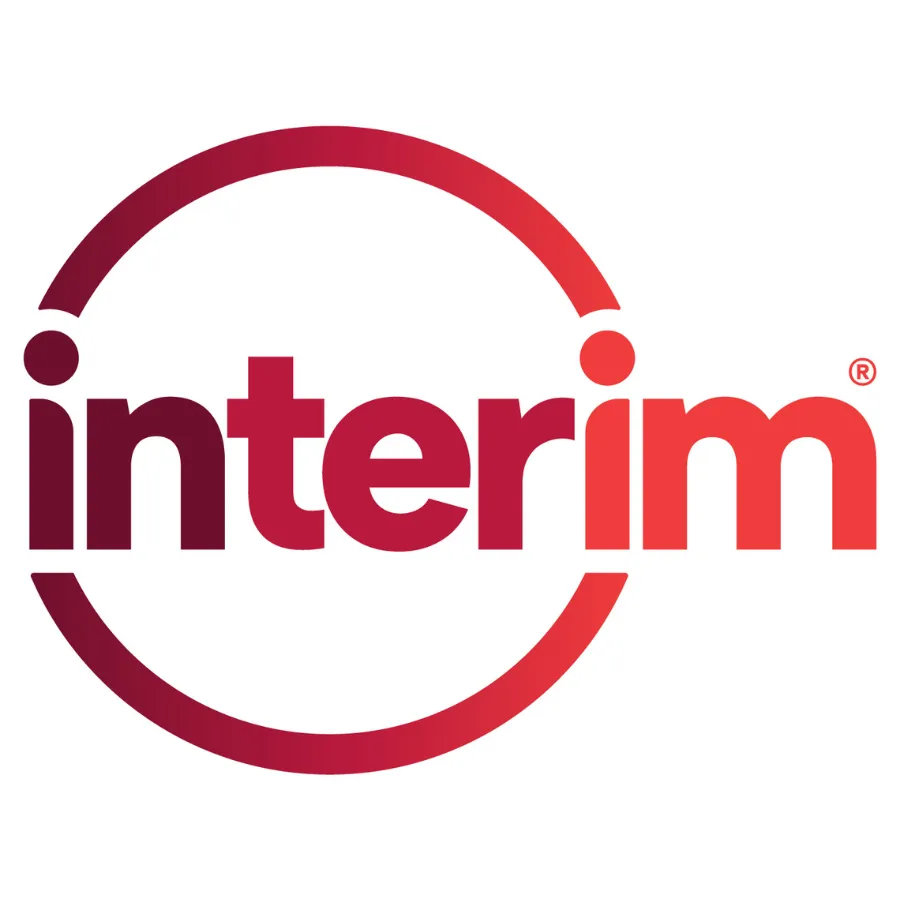Family Care
What it is
Family care means that children, spouses, or relatives take on the primary caregiving role themselves. Loved ones provide support with meals, transportation, bathing, medications, and companionship — often while balancing jobs and other responsibilities.
Pros
Lowest cost – No out-of-pocket care expenses beyond daily living.
Trust and familiarity – Care comes from someone who knows the person best.
Emotional closeness – Time together can deepen family bonds.
Flexible and informal – No need to coordinate with agencies or facilities.
Cons
Emotional strain – Caregiving can lead to burnout, resentment, or guilt.
Physical demands – Family caregivers may be untrained for lifting, bathing, or dementia-related behaviors.
Work-life conflict – Balancing caregiving with jobs and kids can feel impossible.
Limited respite – Few breaks for the caregiver unless outside help is added.
Safety risks – Without professional training, important health and safety details can be overlooked.
It's right for you if:
Your family has the time, energy, and willingness to provide daily support.
The parent’s care needs are minimal or just beginning.
Everyone involved agrees on the arrangement and can share responsibilities.
Finally:
Family care is most sustainable when needs are light and short-term. It can also work when families are financially constrained. Over time, most families find they need professional backup to protect both the caregiver’s well-being and the senior’s safety.


